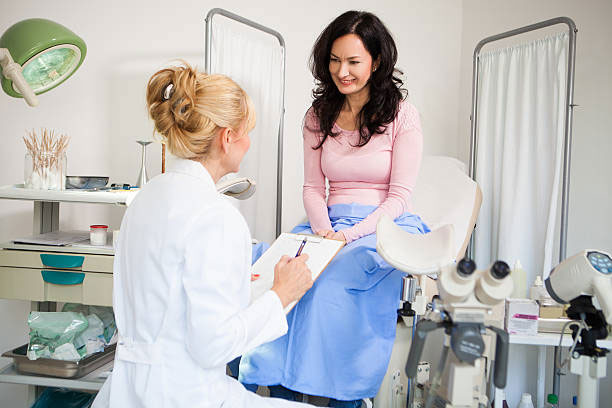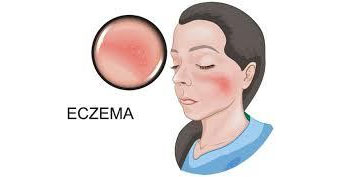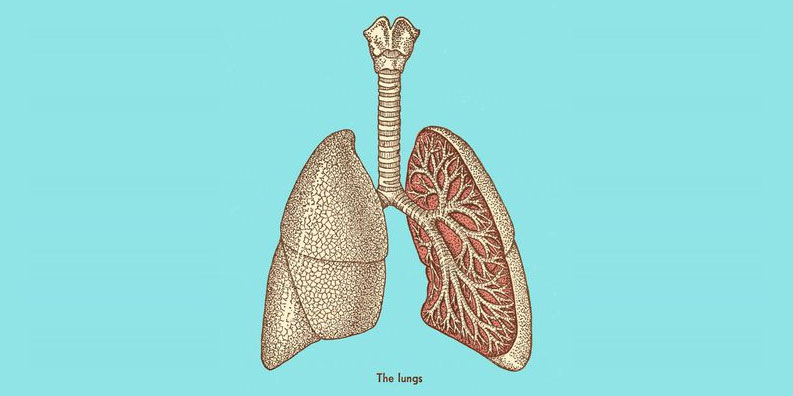
Do You Really Need Both a Gynecologist and a Primary Care Doctor
Jun 25, 2022
Advertisement
Introduction
Do gynaecologists practise the same medicine as the general practitioners you visit for checkups? Do you need two doctors? Gynecologists and primary care physicians have diverse areas of expertise. Gynecologists have received training to handle issues related to women's health. We go to general practitioners, commonly referred to as primary care physicians, for regular examinations and vaccinations. When we are sick, they also offer support. Paediatricians, internists, and family physicians all fall within the category of primary care physicians.
While some family physicians provide standard gynaecological procedures, including pelvic and breast exams, others do not. Everything is dependent on the doctor you are. A primary care physician may refer patients to gynaecologists if they believe it is necessary, even though they do not offer gynaecological services. Here is a guide on do you really need both a gynecologist and a primary care doctor.
Advantages Of Consulting A Gynaecologist
The good female body is both gorgeous and complex. This anatomy has been taught to certain doctors. Gynecologists specialize in reproductive issues, such as menstruation, vaginal health, and many more. Gynecologists can examine female health issues more thoroughly than general practitioners and identify the finest cures or solutions. Gynecologists have training in contraceptive methods, pelvic exams, Pap screenings, and fertility. While many of these concerns can be answered by primary care physicians, they can also suggest that you see another physician for a checkup or follow-up appointment. Obstetricians can assist women who are attempting to get pregnant.
The Advantages Of A PCP
Your primary care physician (PCP) will examine you annually and do more than just the bare minimum. Additionally, it could cover digestive, respiratory, and metabolic issues. Some gynaecologists might feel more at ease referring patients to specialists for diseases not within their scope of practice. If you have a rash, your ob-gyn could advise you to visit a dermatologist. It might be treatable in a single visit to a PCP.
Primary care doctors may request blood tests to check for anaemia, kidney disease, or liver illness. They may request screening exams at age-appropriate levels, including mammograms and colonoscopies. Additionally, they coordinate patient care among the various doctors treating their patients and are experts in managing common illnesses, including high blood pressure, diabetes, and asthma.

Do You Need A Gynecologist Or A Primary Care Physician?
It is essential to look after your health. To effectively manage your health, you must select a doctor who can match your demands. When it comes to women's health, primary care physicians are the initial point of contact. They learn everything there is to know about you. Your doctor can see any changes in your health and, if necessary, recommend you to specialists.
The opportunity to review your medical history and get a complete physical exam is provided by an annual checkup. Your primary care doctor will examine you carefully and take your vital signs. They could also request age-appropriate screenings like mammograms or colonoscopies. Many primary care doctors offer gynecologic treatments like pelvic exams, pap smears, and breast exams as part of their annual wellness visits. Primary care doctors prioritizing caring for the elderly may not provide gynecologic care and may refer you to a gynaecologist.
A gynaecologist should be consulted if you worry about pregnancy, childbirth, or other reproductive system issues. They have received training in menopause, high-risk pregnancies, and infertility. Make sure the doctor you chose makes you feel at ease when speaking. Also, confirm if your insurance covers the doctor.
Can My Gynaecologist Serve As My Main Physician?
Good gynaecologists are concerned with your general health and well-being. Women's health and its effects on your body are a concern for gynaecologists. However, they also provide wellness services like immunizations, thyroid exams, and cholesterol checks. Gynaecologists can address basic health issues like blood pressure, cholesterol, or thyroid levels.
Your gynaecologist, who will also be your first line of defence, can examine these disorders. Your gynaecologist can refer you if they discover a more serious problem or if you have a condition requiring more testing or diagnostics. If necessary, they will recommend you to the appropriate expert.
Establishing a rapport of trust and comfort with your doctor is critical. They should be informed that you view them as your primary doctor so they can offer you a thorough physical.

Conclusion
According to experts, you should visit a gynaecologist and your primary care physician. Each doctor can answer your questions and suggest the best course of action for you and your female health based on their level of knowledge. Discuss any concerns you
Advertisement





